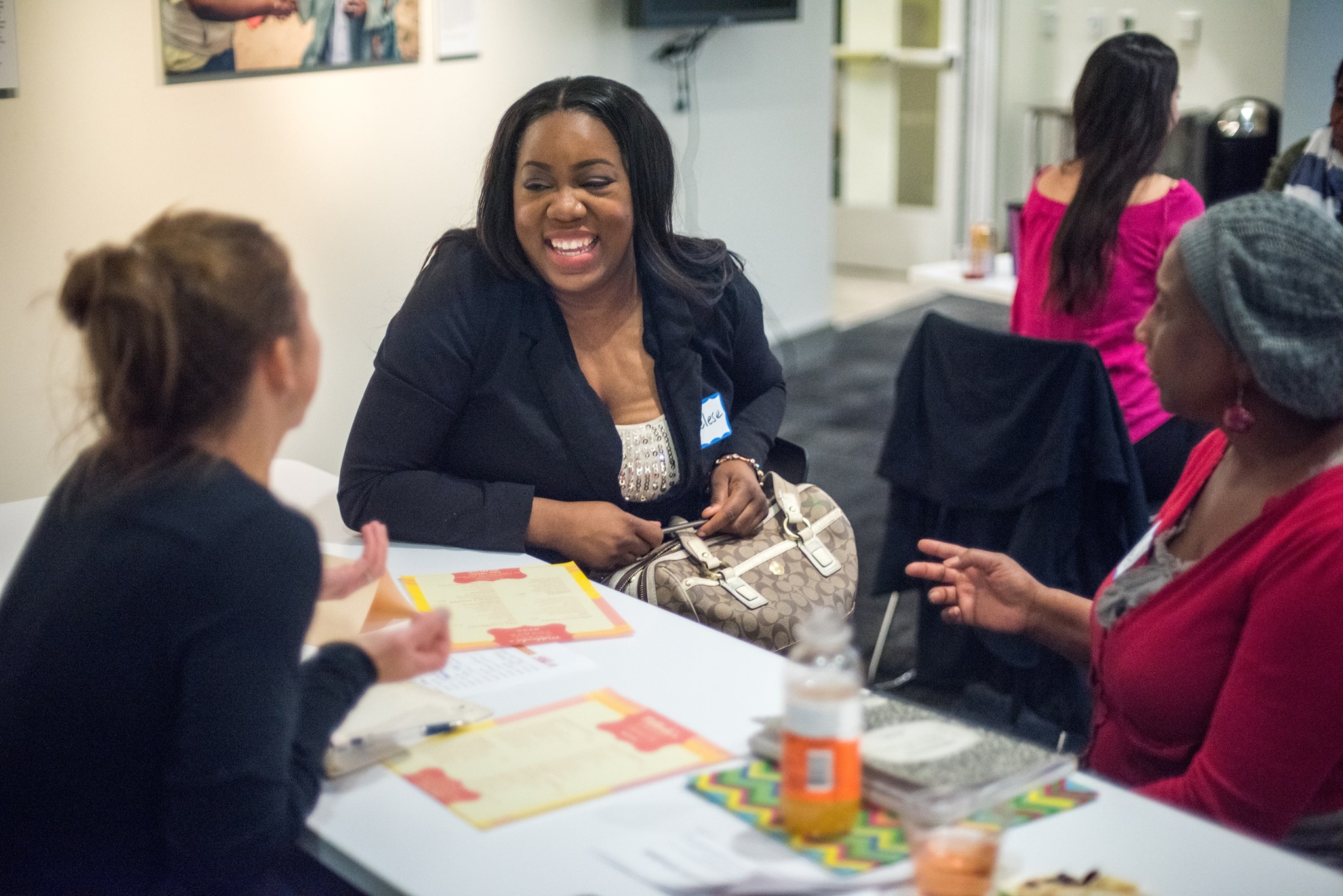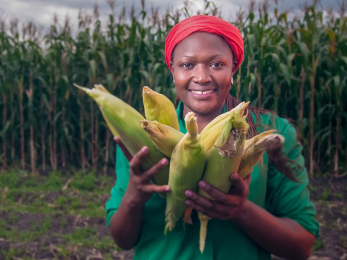Coffee connection: Farmers ship their beans directly to customers

When my co-founders and I began Vega Coffee in 2014, we faced a dilemma: how could we help coffee farming communities earn more while also delivering the best roasts to coffee lovers? For decades, smallholder farmers have been earning a tiny fraction—about $1—of what consumers pay for a pound of coffee, which can sell for more than $20. A string of intermediaries made up of exporters, importers, brokers, and roasters usually take the lion’s share of profits. This broken supply chain forces many small farming communities—who perform the majority of the hard work to grow the crops—to live harvest to harvest.
Our mission at Vega is to reinvent the supply chain so farmers can ship their beans directly to coffee drinkers. The current practice is for farmers to ship green coffee beans to be roasted and sold at their destination countries. We found that the majority of profits were earned by the roasters, so why not bring the roasteries to the coffee farms?


We began by working with coffee growing co-ops in the highlands of northern Nicaragua. Generations of coffee farmers have honed their craft to grow the best crops. Vega helped by setting up roasters, creating the operations and infrastructure to ship their coffee, and providing training. Our collaboration with the farmers feels like a symbiotic blend of their knowledge and expertise and our understanding of topics like the U.S. market and specialty coffee trends. For the first time, the farmers roasted and hand-packaged their own beans—they held the final product in their hands. This was the start of our journey in closing the distance between the coffee grower and coffee drinker on the other side of the world.
For me, coffee symbolizes hard work, dedication, sacrifice, continuous learning, and hope.
Rebeca Rivas Melgara, fourth-generation coffee farmer
One of the more inspirational parts of our collaborations is seeing women farmers take on leadership roles in their communities. Rosario Rodriguez, who learned all about coffee farming from her father, is on the gender committee of her farmers’ co-op. “We’re more active than ever, which makes me happy because I believe men and women should work together for the development of our families and communities,” said Rosario.
Historically, women do so many of the activities around creating quality in coffee but they don't have the same access to capital or credit as their male counterparts. As we started Vega in Nicaragua, we noticed more and more women were interested in learning roasting, packaging, and all of the essential functions. We had an open door for anyone who was interested in coming and learning, and from there we began to build our team. We now have more than 70% women team members in our roasteries.
We’ve heard stories about how gender dynamics are shifting in our farming families. Like Agusto Gamez, whose wife Lorena has a full-time position on our roasting team. Agusto takes care of their daughter when Lorena is at work, which isn’t typical in their community. “Now, given that Lorena works full time with Vega, I manage both the family farm and take care of household chores,” said Agusto. “It also gives me great joy to take care of our daughter Helen when Lorena is working. Seeing how Lorena inspires Helen by working with Vega is incredible.”

Our vision for Vega is to operate throughout all the coffee growing regions in the world. As Vega explored expansion outside of Nicaragua in 2017, we knew that we needed in-country partners that were respected and could help us cultivate relationships with coffee farmers. Given that Mercy Corps works in many coffee-growing countries, it was natural for us to work together. We are grateful for our partnership with Mercy Corps Ventures, and to have received an investment to help establish ourselves in Colombia. Mercy Corps connected us with the Caficauca cooperative, where we work with women members to roast, package, and export coffee. The cooperative has taken the skills they learned with us to export Caficauca coffee to their own customers as well—which is exactly what we want to see. We’re both bearing the fruits of the collaboration.
Vega is still growing. It’s our hope that our model of roasting coffee at the place of origin becomes standard. The coffee market is a $100 billion industry and the farmers with the expertise to grow the beans should earn their fair share. Our partnership with Mercy Corps will help us connect to more farming communities and build up sustainable livelihoods—one pound of roasted beans at a time.



